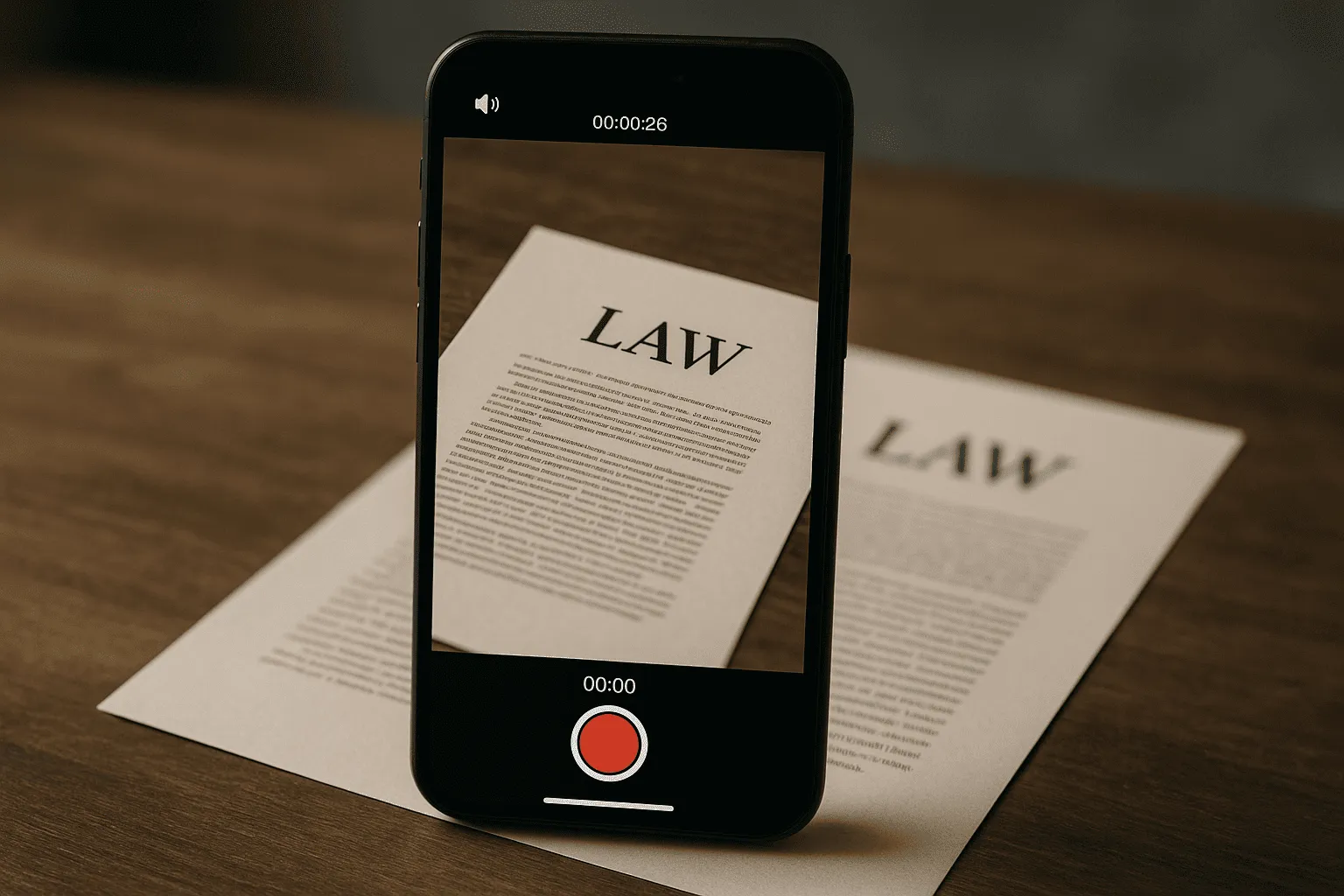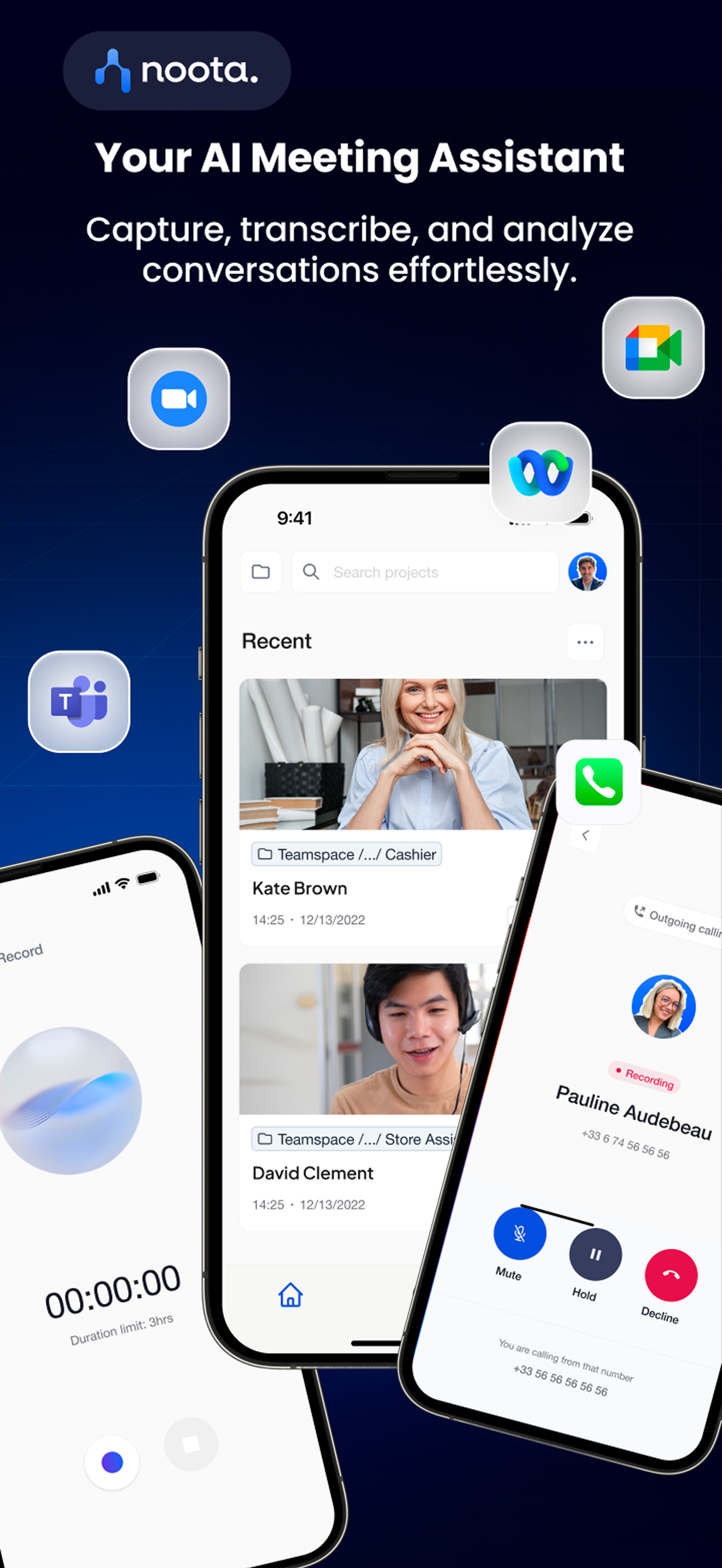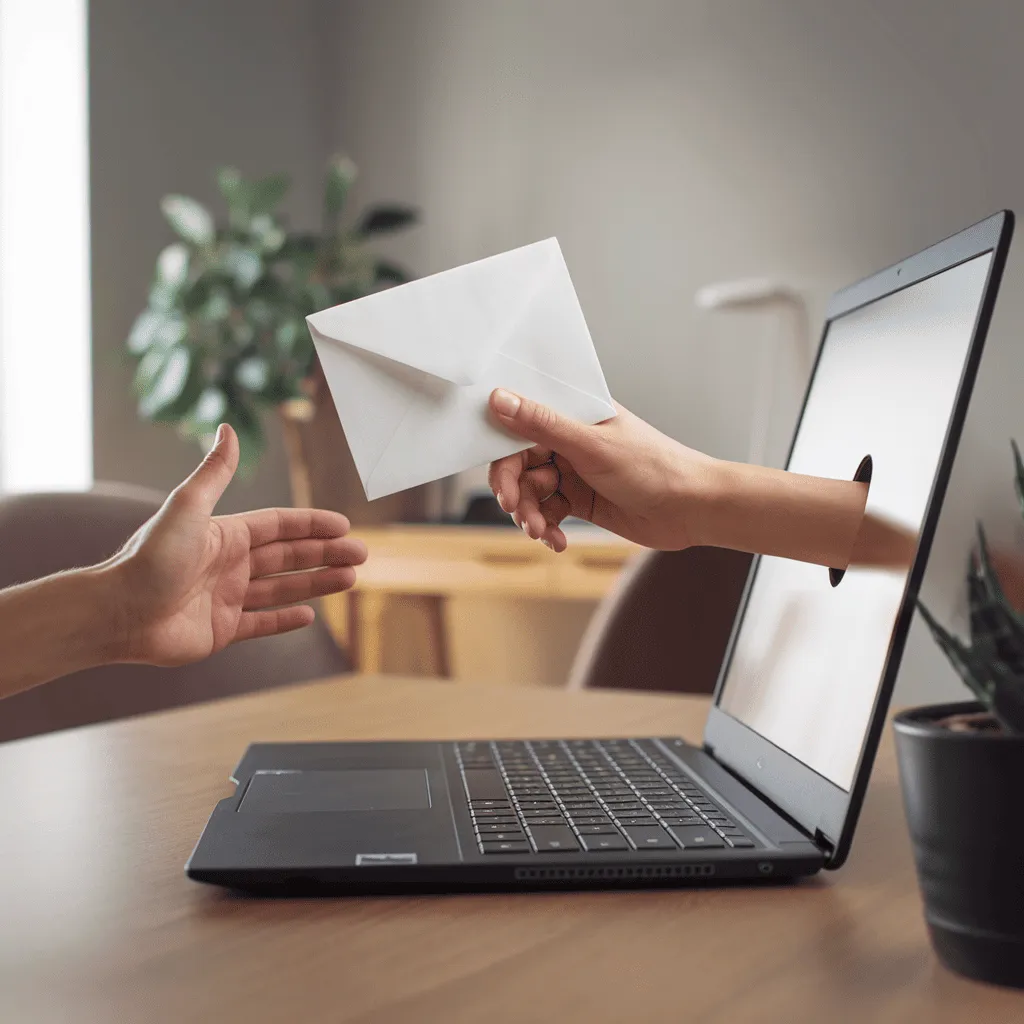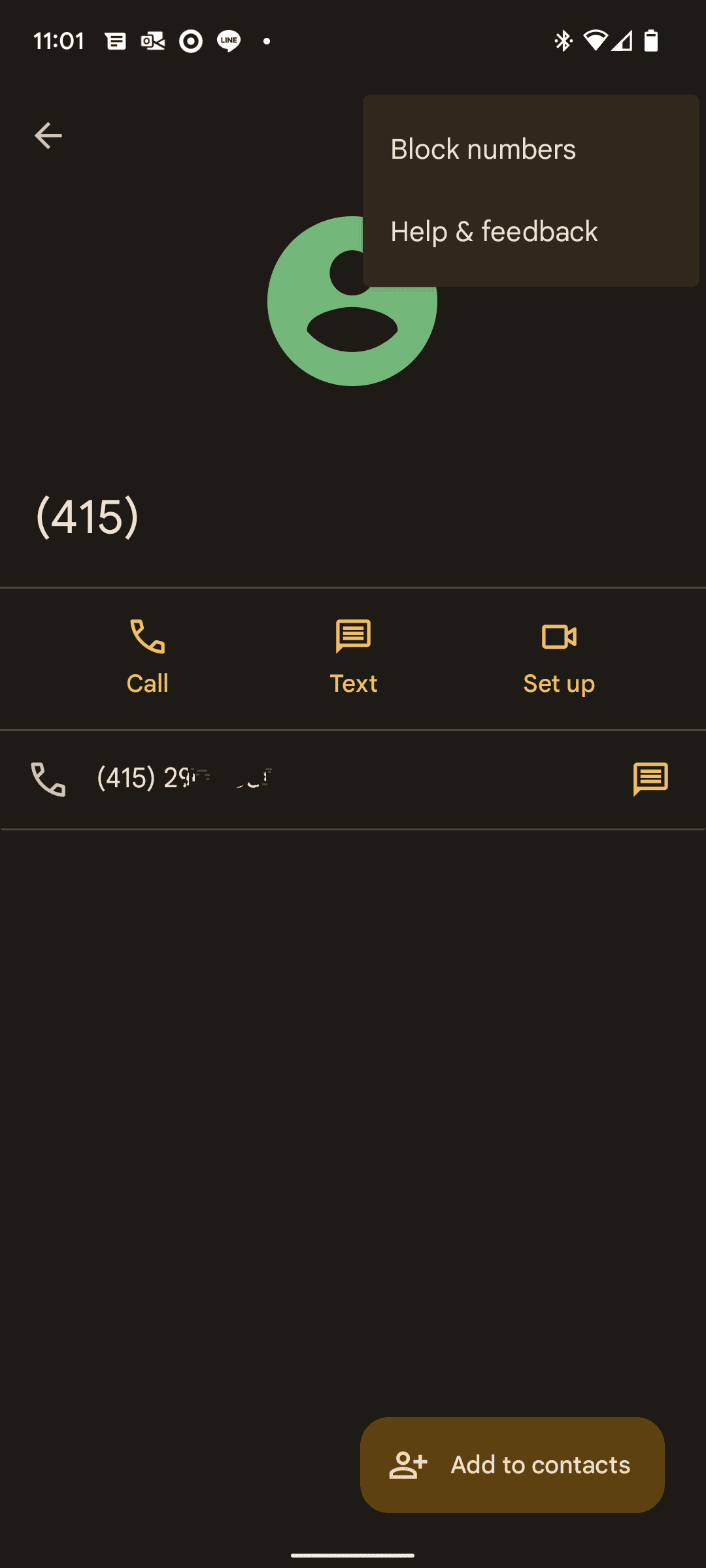Phone Recording Laws in Every Country

Your Call Data in One Place
AI call notes, real-time coaching, conversation intelligence, CRM integration, and more...
Phone recording laws change depending on where you and your caller are.
What’s legal in one place could get you fined in another.
In this article, you’ll see what phone recording laws in each country.
U.S. States Recording Laws
Basic federal rule
Under U.S. federal law (the Electronic Communications Privacy Act / Wiretap Act), only one-party consent is required. If you’re part of the call, you may record it without telling the other parties. But the state laws can impose stricter rules.
All-Party (Two-Party) Consent States
These states require all parties on the call to consent before recording. If any person doesn’t agree, recording is illegal.
Here are the commonly listed “all-party consent” states:
- California
- Connecticut
- Delaware
- Florida
- Illinois
- Maryland
- Massachusetts
- Michigan
- Montana
- Nevada
- New Hampshire
- Oregon
- Pennsylvania
- Vermont
- Washington
One-Party Consent States
These states allow recording if you are part of the conversation, or if one party consents. You don’t need to inform all parties. These are usually more permissive.
Some examples:
Alabama, Alaska, Arizona, Arkansas, Colorado, Georgia, Idaho, Indiana, Iowa, Kansas, Kentucky, Louisiana, Maine, Minnesota, Mississippi, Missouri, Nebraska, New Jersey, New Mexico, New York, North Carolina, North Dakota, Ohio, Oklahoma, Rhode Island, South Carolina, South Dakota, Tennessee, Texas, Utah, Virginia, West Virginia, Wisconsin, Wyoming.
States with Mixed / Specific Rules & Exceptions
Some states have more nuanced rules depending on the mode of communication (electronic vs in-person) or civil vs criminal liability.
- Connecticut: For electronic communications (phone, etc.) you generally need all-party consent. For in-person conversations, one-party may suffice in many cases.
- Oregon: One-party consent for electronic communications; but two-party consent for in-person conversations.
- Nevada: For phone calls / wire/electronic communications, all parties must consent; but for in-person recordings, one-party may suffice.
EU & Major Country Rules: What You Need to Know

Recording calls in the EU is governed by two big layers: (1) GDPR plus (2) each country’s own criminal or privacy laws. You must satisfy both.
Here’s a breakdown of rules in GDPR, then in some major countries you and your teams likely deal with.
GDPR (General Data Protection Regulation)
Under GDPR:
- Any call recording that captures identifiable information (voice, name, phone number, position) is “personal data.” You must treat it accordingly.
- You need a lawful basis to record. Possible bases:
- Consent — freely given, specific, informed, and unambiguous. Silence or non-action won’t do.
- Contract performance — recording might be necessary to satisfy contractual obligations.
- Legal obligation — sometimes required by law.
- Legitimate interests, provided these do not override the rights of the person recorded.
- You must inform all participants in advance. Tell them: the fact of recording, why you’re doing it, how long you will keep recordings, who will access them, and their rights. Then give them a chance to refuse or drop out.
- You must store recordings securely, limit retention, restrict access, and delete or anonymize when purpose is fulfilled.
France
- France requires all-party consent. Under Article 226-1 of the French Penal Code, recording someone without everyone’s consent is a criminal offence.
- Even when consent is obtained, recordings are processed under GDPR/ ePrivacy laws; purpose, retention period, and access rules apply.
- Recently, French courts have found that unauthorized recordings might in some rare litigation cases become admissible if proportionality is justified and if they are the only evidence. But this is exception, not the rule.
Germany
- Germany has strict rules. It requires all parties’ consent under § 201 of the German Criminal Code (“violation of the confidentiality of spoken word”) before recording calls.
- Recording without consent is criminal, even for business calls. GDPR adds extra obligations: lawful basis, transparency, retention, etc.
Spain
- Spain follows a strong consent regime. All parties should be informed and give consent prior to recording. Under Spanish law (LOPDGDD + other constitutional rights), private communications are protected.
- There are exceptional cases (e.g. fraud investigations) where certain forms of recording may be permitted even without express consent—but still under strict legal oversight.
United Kingdom
- The UK allows one-party consent in many cases: if you are a participant in the call, you can record it for your own use. You don’t legally need everyone’s consent for private recordings.
- But in business settings, especially where recordings are shared, disclosed, or used as evidence, you must also comply with UK GDPR / Data Protection Act. That means informing participants, having legal basis (like consent or legitimate interests), clarifying purpose, etc.
Other EU Countries & Variations
- Netherlands: If you are a participant, you can record. If you are not, recording is generally illegal. Also, ePrivacy and national criminal law protect private conversations.
- Sweden: Similar to many EU states — participants may record, but must meet data protection laws. Private vs public contexts matter.
Other Key Countries & Regions: Australia & Canada Rules
When you hire internationally or have team members abroad, you must understand local call recording laws. Australia and Canada have their own rules that differ by state or province. Here’s what you need to know.
Australia
Australia has both federal law and state/territory laws governing call recording. The general rule is: you need consent in most places—but there are exceptions.
- Queensland
- Consent required: One-party OK (if you are part of the conversation)
- Exception: You can record without all parties’ consent if you’re participating.
- Victoria & Northern Territory
- Consent required: One-party allowed if you are a participant
- Exception: Sharing or publishing recordings may be restricted without others’ consent.
- New South Wales (NSW), Tasmania, Australian Capital Territory (ACT)
- Consent required: All-party consent generally required
- Exceptions: Allowed if recording protects lawful interests, or if not intended for communication/publication to non-parties.
- South Australia & Western Australia
- Consent required: All-party consent required in general
- Exceptions: Possible public interest or "lawful interest" allowances.
Federal framework:
- The Telecommunications (Interception and Access) Act 1979 prohibits interception of phone calls unless all parties are aware, or other specific legal exceptions apply.
- For business calls, you must disclose recording at beginning of call or via automated message so other party can choose to end call if they wish.
Canada
Canada’s rules are simpler in comparison, but still have important details. It’s mostly one-party consent, with obligations to inform in some cases.
- Under Section 184 of the Criminal Code, a private conversation can be recorded if at least one participant consents. You must be part of the conversation. If you’re not, recording is typically illegal.
- Organizations (businesses) are governed by PIPEDA (Personal Information Protection and Electronic Documents Act). If you record, you must inform the other party at the start, say why you’re recording, and how the recording will be used. Implied consent may apply if that notification happens.
- Provinces may also have additional laws or workplace regulations. For instance, in workplace conversations, some provinces stress obtaining consent or at least making the recording known.
10 Universal best practices for recording calls
You want one playbook you can use anywhere. Use these practices to keep your team safe, transparent, and fast.
1) Always state that you’re recording.
Tell people at the start of the call. Say why you’re recording and who will have access. Ask for a clear “yes” before you proceed. Silence isn’t consent under GDPR-style rules.
2) Pick a lawful basis and write it down.
You need a valid reason to process voices and transcripts. Consent and legitimate interests are the most common for business calls. Document your choice and when it applies.
3) Keep only what you need.
Record the minimum. Don’t capture side channels or screens unless required. Data minimization is a global principle—use it to shorten reviews and reduce risk.
4) Set a clear retention policy.
Decide how long you keep audio, transcripts, and summaries. Tie retention to purpose or regulation, then auto-delete on schedule. Keep the policy simple and auditable.
5) Secure storage and access.
Encrypt recordings at rest and in transit. Limit who can open them with role-based access and logs. Follow recognized guidance (e.g., NIST) for storage encryption and access controls.
6) Capture consent in the record.
Record the spoken “yes” or log it in your system. Save timestamp, caller ID, and the script used. Good records help with audits and disputes. The FTC also expects solid recordkeeping in regulated telemarketing contexts.
7) Provide an alternative when people refuse.
Offer to continue without recording, switch to written notes, or reschedule. Make the choice explicit and friendly. You protect trust and stay compliant.
8) Avoid sensitive data in recordings.
Never store card security codes (CVV/CVC) in audio or transcripts. If payment details might be spoken, mask, pause, or redact. PCI rules are strict here—even encrypted storage can be non-compliant for certain data.
9) Add a beep tone where helpful.
Some organizations use periodic beeps or system prompts as an extra notice. It’s a clear cue that the call is being recorded and aligns with long-standing notification patterns. Pair it with verbal disclosure.
10) Give people their rights.
Be ready to fulfill access, deletion, or correction requests for recordings and transcripts. Publish a short “how to request” note in your privacy policy or email footer. Your lawful basis determines how you handle refusals.
Record your Calls Safely : Noota

You want real-time transcription, instant summaries, and smooth handoffs to your CRM ? Noota lets you place calls from your browser or mobile app.
Every call is recorded and transcribed in real time. You get an instant AI summary with decisions and next actions.
Noota is GRPD compliant and you are fully in control of your data and consent notification.
You want to Access a fully AI-integrated VOIP System ? Try Noota for free now.
Your Call Data in One Place
AI call notes, real-time coaching, conversation intelligence, CRM integration, and more...
Related articles

Forget note-taking and
try Noota now
FAQ
In the first case, you can directly activate recording as soon as you join a videoconference.
In the second case, you can add a bot to your videoconference, which will record everything.
Noota also enables you to translate your files into over 30 languages.

.svg)
.svg)

.webp)

.png)


.svg)
